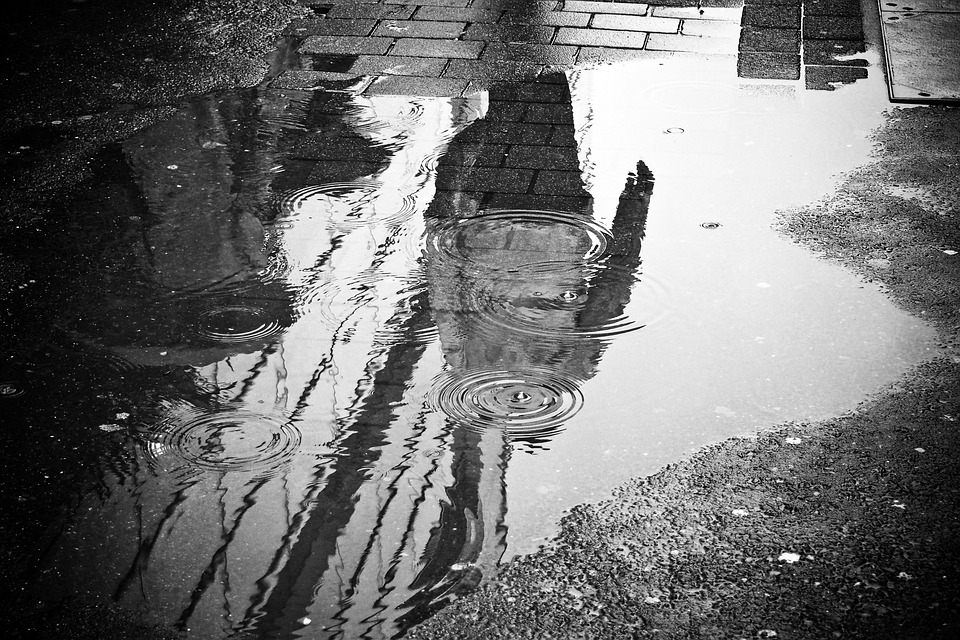Jenni MacLean
AP Environmental Science ♻️
252 resourcesSee Units

Image courtesy of Pixabay
Urban runoff is the water from rain and snow that collects on urban/man-made structures. Ordinarily, precipitation could form streams, puddles, rivers, etc, but in urban areas, it mainly concentrates as runoff.
In a city, runoff from streets, roads and other hard surfaces must be directed away. This water is often channeled out into oceans or large bodies of water without having the chance to absorb into the ground.
Impact
In general, man made surfaces that do not allow water to absorb into the ground cause a reduction of groundwater and an influx of fresh water into marine systems. In addition, when water is collected from these surfaces it often picks up pollutants like oil and trash. These pollutants are then dumped into large bodies of water. (Example: The influx of pollutants is often so bad that when it rains southern Californian city beaches are closed to swimming!)
Urban runoff can have negative impacts on the environment and human health, as the pollutants it carries can contaminate water bodies and harm aquatic life. Urban runoff can also contribute to erosion, flooding, and other environmental problems.

Image courtesy of Pixabay
Mitigation
There are many ways humans can intervene and reduce the impact of urban runoff. One way is to increase water infiltration. This can be accomplished by replacing pavement and concrete with more permeable pavement materials such as pavers (stones) with pore holes in them. Also planting trees and building buildings up (taller) and not out taking up more area on a streetblock will reduce urban runoff. Green infrastructure techniques, such as green roofs and rain gardens, can help to reduce the volume of runoff and improve the quality of the water that is discharged into the environment.

Image Courtesy of Pixabay
Browse Study Guides By Unit
🏜Unit 1 – The Living World: Ecosystems
🐠Unit 2 – The Living World: Biodiversity
👪Unit 3 – Populations
🌏Unit 4 – Earth Systems & Resources
🏖Unit 5 – Land & Water Use
⚡️Unit 6 – Energy Resources & Consumption
💨Unit 7 – Atmospheric Pollution
♻️Unit 8 – Aquatic & Terrestrial Pollution
🔥Unit 9 – Global Change
📚Study Tools
🤔Exam Skills

Fiveable
Resources
© 2025 Fiveable Inc. All rights reserved.